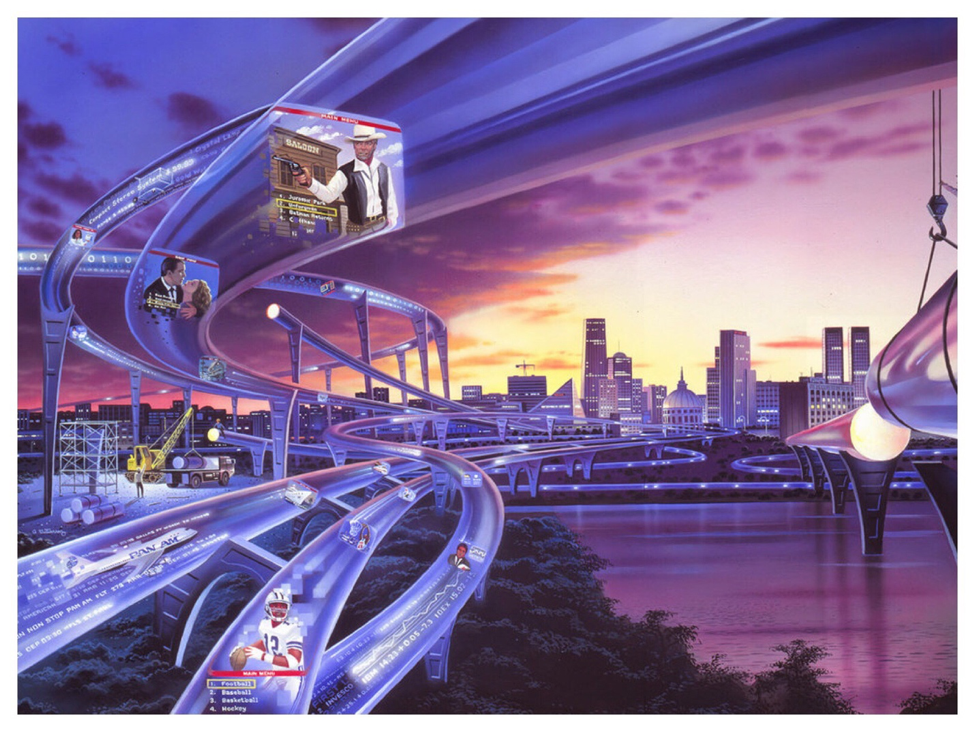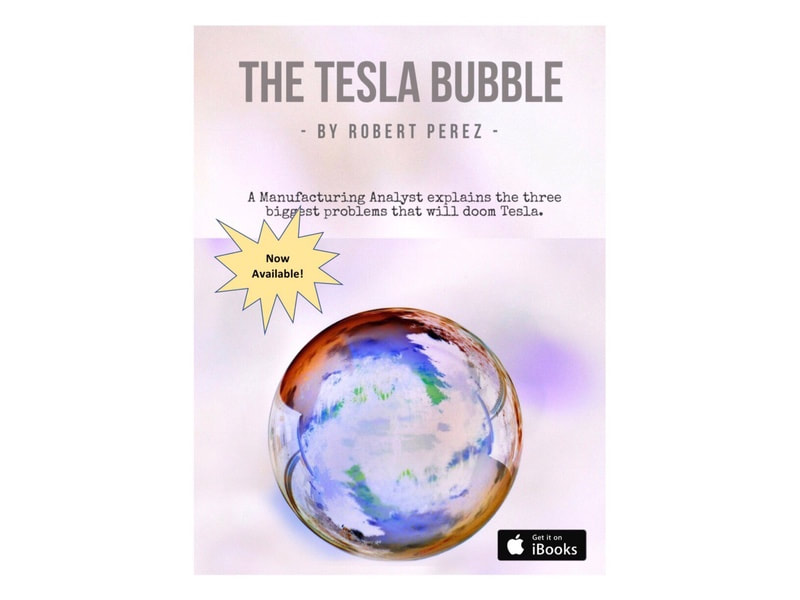How would AI be a problem for Musk? Because Musk’s business ventures and every other company are competing for the same investor dollars. Tesla isn’t only competing against Ford or GM for investor dollars. They are up against everyone from Coca Cola to Google. Money flows in the direction of the highest yield, whether that’s electric automated cars, sugared water, or world-changing devices that employ artificial intelligence.
The real great advances in tech are going to be made in artificial intelligence. Devices that can predict what you want, how you feel, what you might say. Robots that can do the jobs that no one wants. As we get closer to real AI that doesn’t feel like a dumb children’s toy, there is going to be a surge of investor capital flowing in that direction. It’ll come at the expense of yesterday’s Wall Street darlings. Companies that move pounds and not bits.
So, what does this have to do with Elon Musk? All of Musk’s business ventures are all about moving people. Tesla, SpaceX, Hyperloop, even The Boring Company. It’s grunt work compared to the companies that are doing new things with gathering and delivering data. There’s a real risk that many of Tesla’s backers will eventually get disillusioned with its progress, pull their investments, and throw it into the latest hot AI companies.
Investors bullish on Tesla are fond of saying that if you value Tesla as a car company, it is overvalued. But if you value them as a tech company, it is cheap. However, considering that all of Musk’s business ventures are refining how we move people, it’s a stretch to classify them as a tech company. They move pounds, not bits. They may use the latest technology, but this tech becomes just a component in creating a faster railroad or a better wagon.
My theory is that, deep down, Elon Musk recognizes the deep divide between all of his business ventures and the true tech pioneers of our day. Companies that are delivering, organizing, and interpreting data, not people.
As I’ve mentioned before, my views on tech are influenced greatly from my days at NASA where I was able to observe their internal debate. On one side were those who wanted to transport people and on the other side were those who believed that transporting data was more important. Moving people was exponentially more expensive and yielded a fraction of the data. Needless to say, the camp that advocated for high-tech probes and satellites won. It was much cheaper and yielded way more data.
Moving people or satellites was considered lower-level grunt work best left for the private sector. To NASA, SpaceX and Blue Origin are the equivalent of hiring a long-haul trucking company. In the long run, NASA kept the higher-level important projects that delivered the treasure it was after, the data.
Now available in iBooks ---> The Tesla Bubble




 RSS Feed
RSS Feed